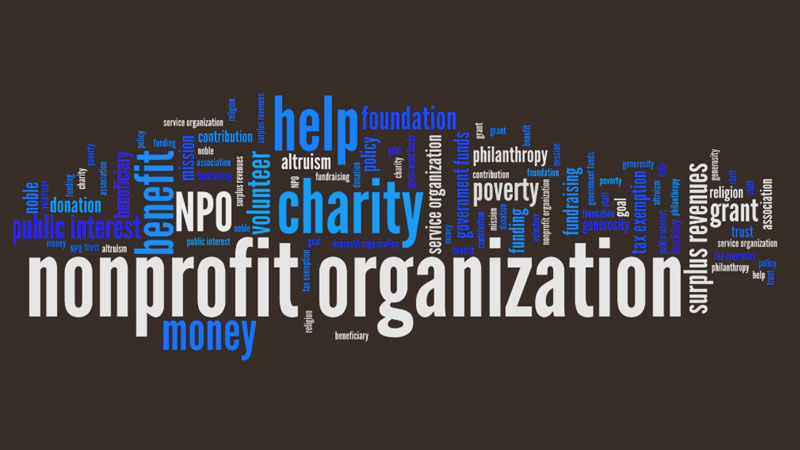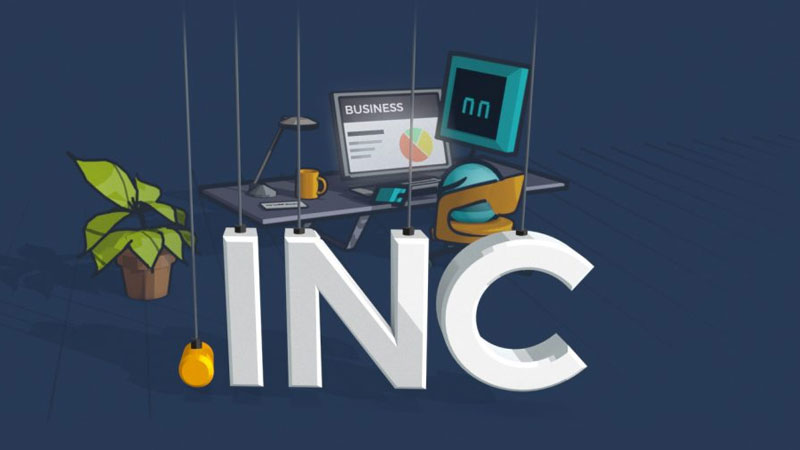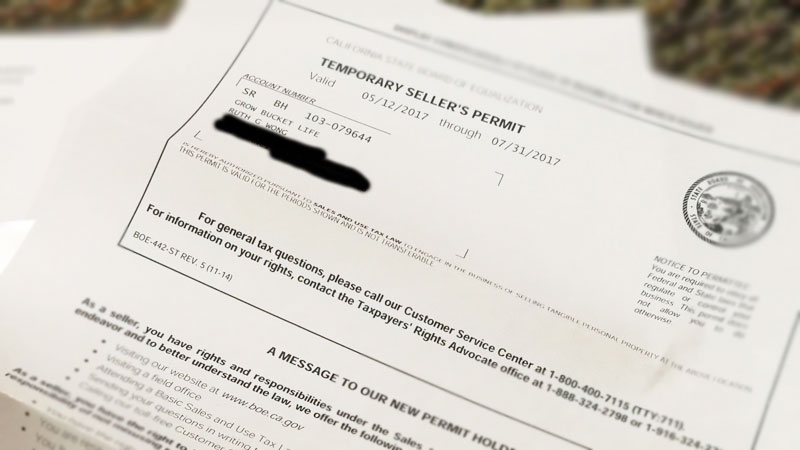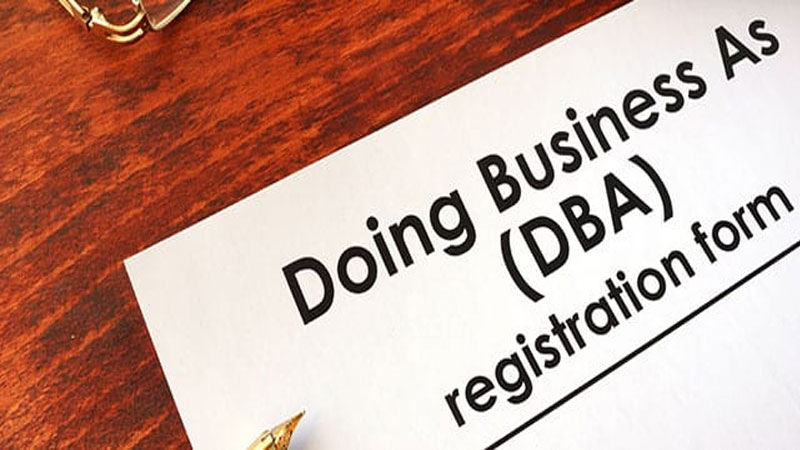
An LLC, which stands for “Limited Liability Company,” is a type of business structure that lets you classify your business as a separate entity from you personally. This allows you to keep your personal assets separate from your business assets, and protect them from your business’ debts and liabilities.
You can open bank accounts, enter contracts, hire employees, and obtain business licenses and permits under your LLC. Most states require an annual filing and fee to keep your business in good standing.

The key aspects of nonprofits are accountability, trustworthiness, honesty, and openness to every person who has invested time, money, and faith into the organization. Nonprofit organizations are accountable to the donors, founders, volunteers, program recipients, and the public community. For a nonprofit that seeks to finance its operations through donations, public confidence is a factor in the amount of money that a nonprofit organization is able to raise. The more nonprofits focus on their mission, the more public confidence they will have, and as a result, more money for the organization.

Incorporation is the legal process used to form a corporate entity or company. A corporation is the resulting legal entity that separates the firm’s assets and income from its owners and investors. Corporations can be created in nearly all countries in the world and are usually identified as such by the use of terms such as “Inc.” or “Limited (Ltd.)” in their names. It is the process of legally declaring a corporate entity as separate from its owners.

A seller’s permit is a permit you apply for from your state to allow you to sell products or services and collect sales tax. The purpose of a seller’s permit is to allow the state to control the process of collecting, reporting, and paying sales tax in that state your doing business.

DBAs are not restricted to sole proprietors or partnerships. If you’ve formed an LLC and your LLC wishes to do business under a name other than its legal name (the name it was created with), you’ll be required to register a DBA in order to do so.

HAVE YOU EVER THOUGHT ABOUT YOUR BRAND RECOGNITION AND WHAT YOU WOULD DO IF SOMEONE OPERATED A BUSINESS WITH A SIMILAR NAME WITHOUT YOUR PERMISSION?
If you’ve been going back and forth about getting a trademark, these are just a few of the common scenarios that cost entrepreneurs thousands of dollars, if not their entire business. The truth is, not trademarking the important parts of your business is leaving you vulnerable to being copied. You’re just one right-click away from having your creative juice leveraged and monetized by someone else.